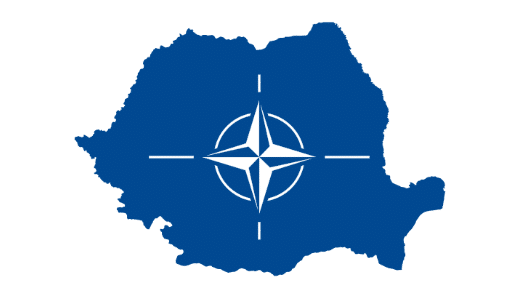The Ukraine crisis also puts Romania in the spotlight as part of the NATO eastern front. The Romanian government is taking a diplomatic but firm stance. On the contrary, the same government is adrift domestically due to a power struggle within the coalition. A far-right party is taking advantage of this.
A staunch NATO ally
On the eastern border of NATO territory, south of Romania, Bulgaria and Turkey still face Russia, but those two countries like to steer their own course. The Bulgarians have traditionally been friends of the Russians and the Turks have an agenda all their own. But the Romanians present themselves as a loyal NATO ally, especially through Foreign Minister Aurescu, who is considered a diplomatic talent. And that is paying off, as there are now plans for a permanent combat group on Romanian soil. In the place Deveselu are already installations of the US missile shield that Putin is getting angry about, and the Americans are using an air base near the Black Sea. Romania's president, Klaus Johannis, may make phone calls to Biden. Johannis recently tabled the purchase of F-35 fighter jets, perhaps not entirely coincidentally American-made. The Romanian army has mostly outdated equipment, but has already promised to spend the agreed 2% of GDP on defence. The defence budget has shown an upward trend for several years.
Quarrelling in coalition contributes to growth of far-right
In the Ukraine crisis, the government is united, but domestic policy swings. Romanian government coalitions have a bad reputation. They are filled with big egos who try to get their hands on the best jobs on behalf of their party and do not hesitate to attack the coalition partner on occasion. After the progressive USR left the government, the coalition was joined by the conservative-populist PSD. These now have to govern with the liberal-populist PNL. Although these parties understand each other and have a common opponent in the progressives, decisive action by this government is hampered by internal quarrels.
Those quarrels are grist for the mill of a new party, founded in 2019. Its name is AUR, the Romanian word for gold, whose acronym in translation stands for Alliance for Romanian Unification. The leadership of this party is arguing internally as much as the other parties, but as a protest party it still manages to draw some of the electorate away from the PNL and PSD. Its following is growing, according to a recent poll estimated at 20%. These voters expect AUR to come clean about the political pigsty and stand up for Romanian traditional values.
Image: Wikimedia Commons





